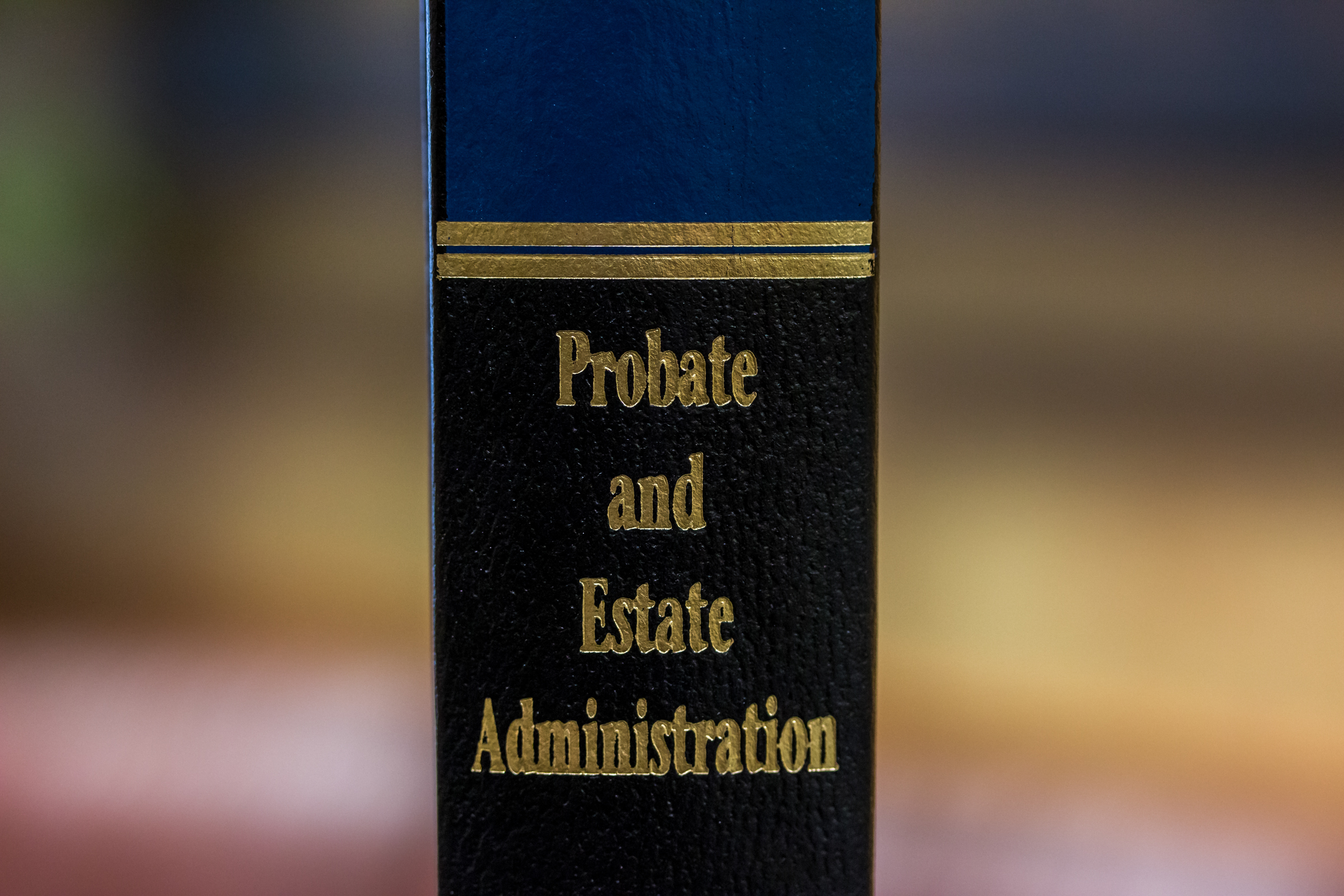Estate Planning and Administration
When a person dies, all of his or her possessions – real estate, money, stocks, personal belongings, etc. – become a part of his or her estate. Estate administration refers to the process of collecting and managing the estate, paying any debts and taxes, and distributing the remaining property to the heirs of the estate. The heirs of an estate are determined by will, and if there isn’t a will, by the intestacy (which means dying without a will) laws of each state. FindLaw’s section on Estate Administration Basics provides information on how to administer an estate, what being an executor means, and what happens to a person’s debts after his or her death.
What Is the Process for Administering an Estate?
Put simply, estate administration is collecting, managing, and distributing a deceased person’s estate. Each state has its own probate laws, which govern the requirements and process for administering an estate. In some cases, an estate may need to be administered in more than one state. Generally, the state in which the person lived in at the time of death is where the estate goes through probate. However, real estate is governed by state law, so real estate in another state might have to be probated in that state. Several states have adopted a version of the Uniform Probate Code, which is designed to simplify the estate administration process and provide similarity among probate laws from state to state.
The Duties of an Executor
The executor is responsible for locating and collecting all of the deceased’s property, making sure any debts and taxes are paid off, and distributing the remaining property and money to the entitled parties. Although anyone can be an executor, the executor must perform with diligence and in good faith. Usually the executor is designated in a will. If the deceased didn’t leave a will, an administrator is appointed by the probate court. If the probate process is complicated, the executor is entitled to hire an attorney – at the expense of the estate – to help him or her with the process. While the executor is not entitled to any proceeds from the sale of property of the estate, generally he or she is entitled to a fee as compensation for administering the estate.
Who Is Responsible for a Deceased Person’s Debts?
Generally speaking, once a person dies, his or her debts are paid off from his or her estate, and if there isn’t enough money to repay the debt, the debt dies with the person. Relatives or beneficiaries of the will are usually not responsible to pay the deceased person’s debts. However, if the relative or beneficiary owned part of the debt or received substantial benefits from the debt, he or she would be responsible for repaying the debt. For example, credit card debt belongs to the account holder. If, however, a relative co-signed on a loan or the credit card was from a joint account, the co-signor or other account holder would have to pay the debt. It’s important to note that in community property states – where property acquired during marriage is considered jointly owned – the surviving spouse may be liable for the debt.
Hiring an Attorney
If you’re in charge of administering an estate and have questions about it, you may want consult with an estate planning attorney. It would also be a good idea to contact an estate planning attorney if you have questions or concerns regarding the debt left by a person who has passed away.
Contact My Office
To schedule a consultation call John A. Cochran, Esquire, in Greensburg at (724) 216-5180


